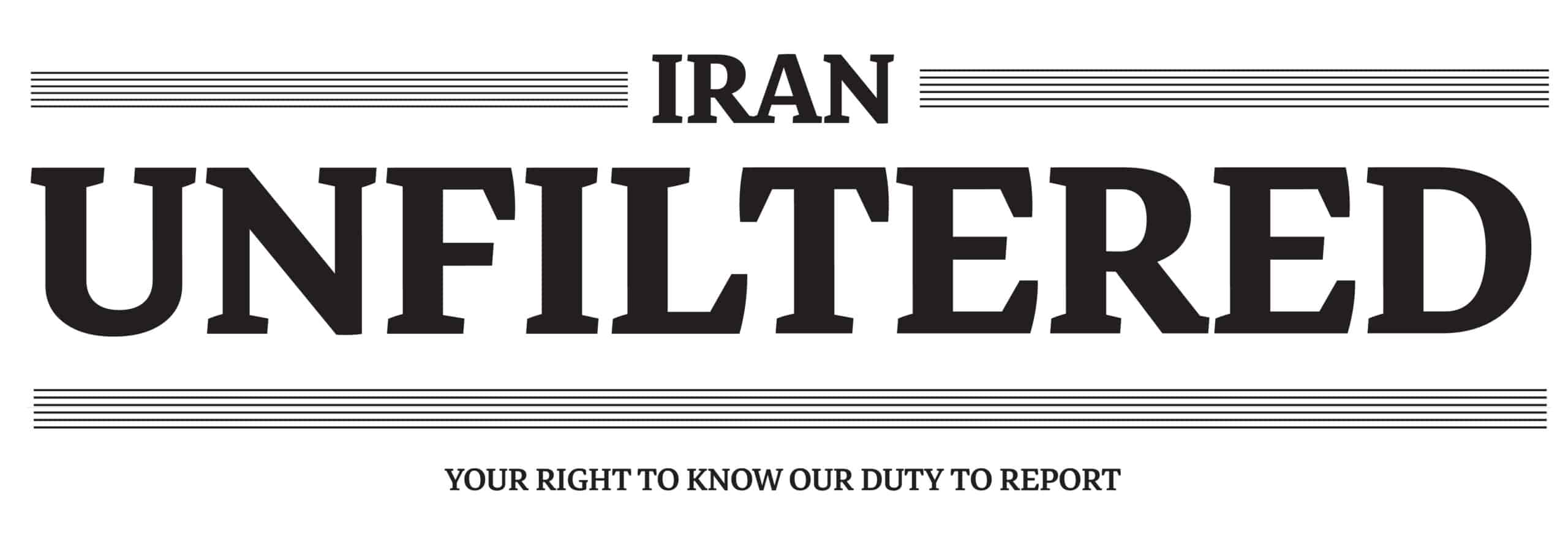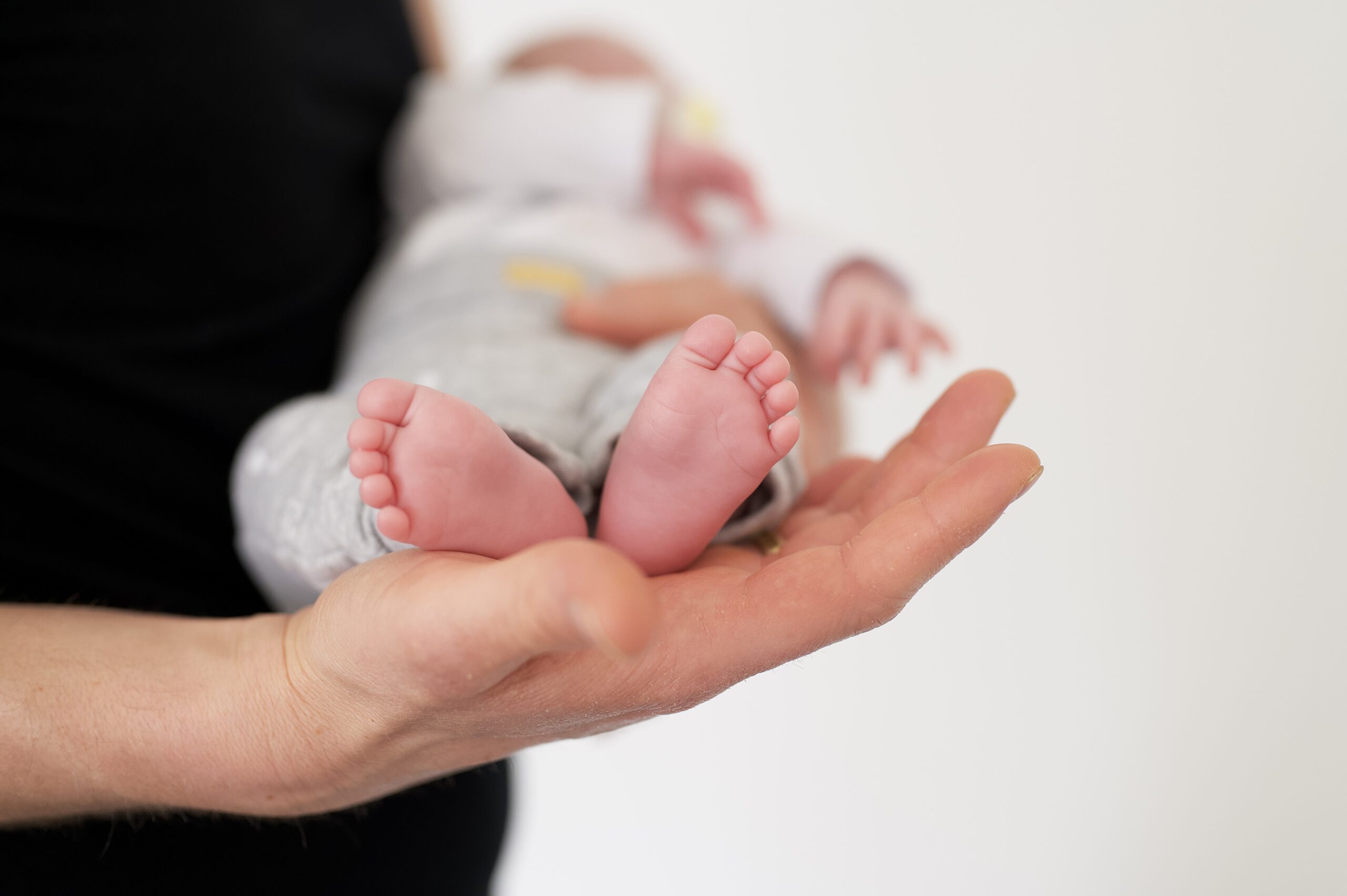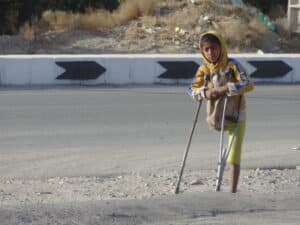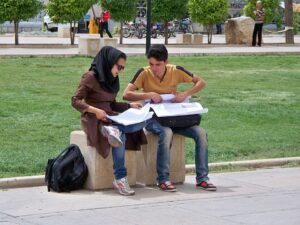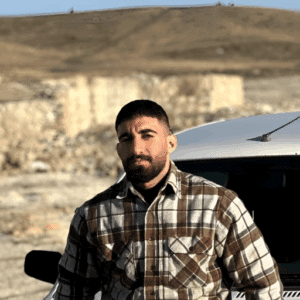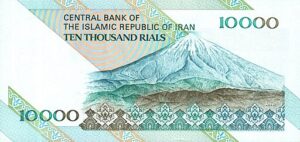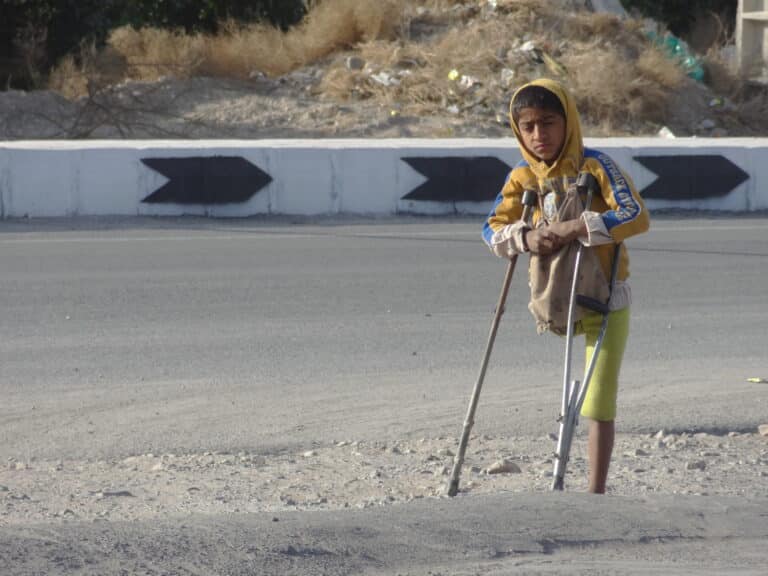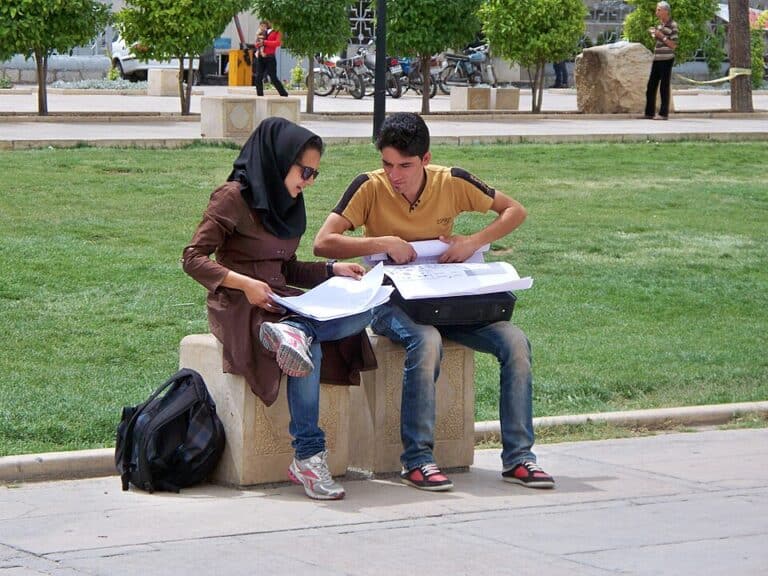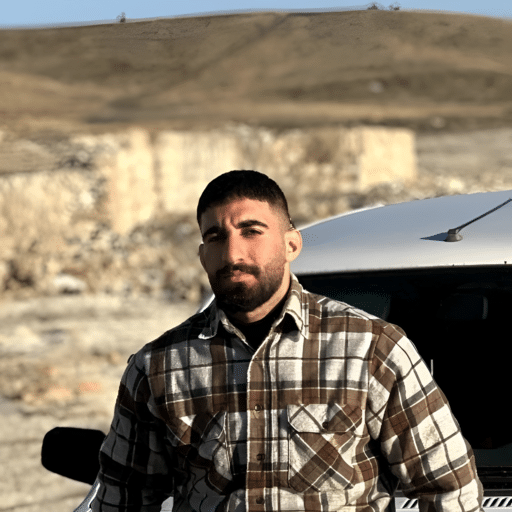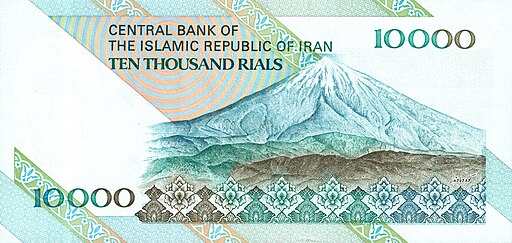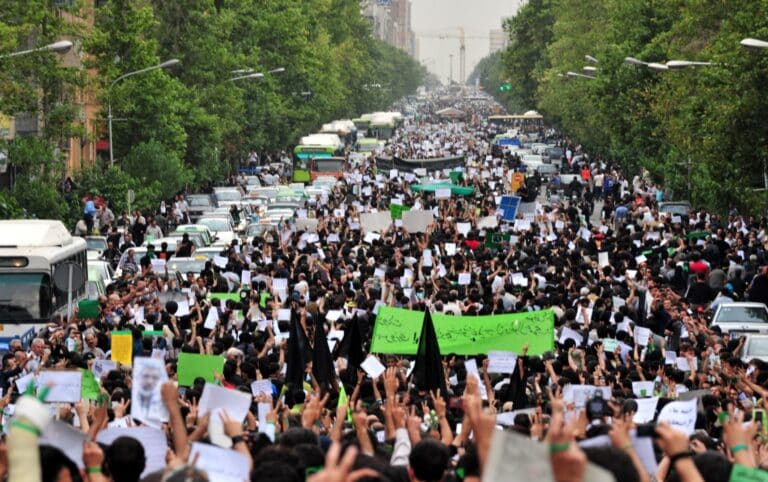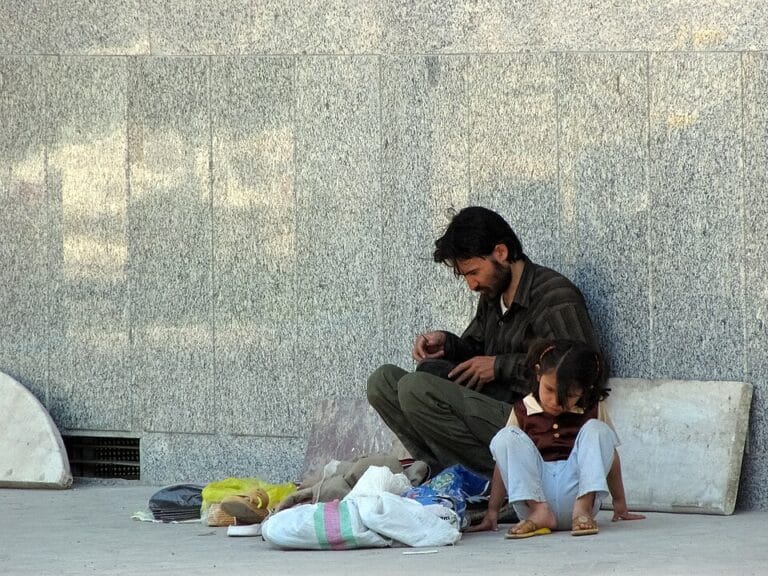As the war that erupted on June 13 continues to shake Iran, a quiet but powerful form of resistance is unfolding in maternity wards across the country. In the days since the first strikes hit major cities, hundreds of babies have been born — their arrival offering rare moments of joy in a country gripped by fear, curfews, and uncertainty.
Despite the sound of sirens and intermittent blackouts, hospitals in Tehran, Shiraz, Isfahan, and Tabriz continue to deliver life into the world. In a small ward in west Tehran, 26-year-old Leila gave birth to her first son on June 15. She named him Arash, after the mythical archer — and in honor of Arash Sadeghi, a prominent political prisoner turned symbol of resistance.
“We are tired of being afraid,” Leila said quietly from her hospital bed. “If I can’t raise my son in freedom yet, I will at least give him a name that carries the memory of those who fight for it.”
This sentiment is echoing throughout the country. According to hospital records reviewed by local journalists, a noticeable uptick has been reported in names like Reza, Farah, and Ali-Reza — a reference to members of the Pahlavi dynasty, including the former Crown Prince who has grown in popularity among diaspora and opposition movements.
In Shiraz, a couple named their newborn daughter Nika, after Nika Shakarami, the teenage protester killed during the 2022 uprising. In Tabriz, twins were named Kaveh and Yasamin — symbols from both mythology and modern resistance poetry.
Dr. Samani, a senior physician in a Tehran maternity hospital, said, “Every child born is a reminder that Iran still has a future. These names — they’re not just choices. They are messages.”
As warplanes streak above and explosions light up the night sky, Iranians continue to hold fast to the rhythms of life. The names given this week may one day tell the story of a people who, even in war, chose to speak the language of freedom.
